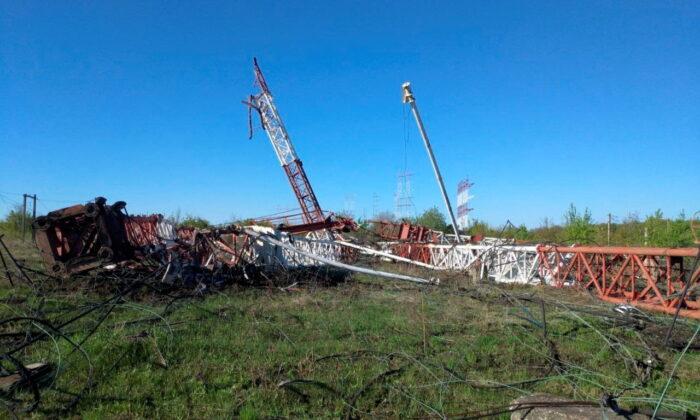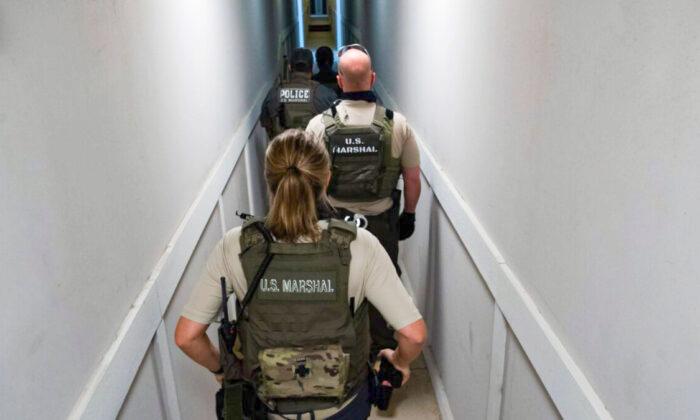Books written by prominent Hong Kong pro-democracy figures have been removed from library shelves across the city in the wake of Beijing’s national security law, which came into effect last week.
A government department said Sunday that books have been pulled from the shelves of public libraries for review to see whether they violate the Chinese communist regime’s new draconian law, which was imposed at 11 p.m. on June 30 after ceremonial votes.
The sweeping legislation stipulates that offenders, if convicted of secession, subversion, terrorism, or collusion with foreign forces, could be imprisoned for life. Critics fear the law will be used to crack down on those critical of the Chinese Communist Party (CCP).
Public Hong Kong libraries “will review whether certain books violate the stipulations of the National Security Law,” the Leisure and Cultural Services Department, which runs the libraries, said in a statement.
“While legal advice will be sought in the process of the review, the books will not be available for borrowing and reference in libraries.”
A search for books by young activist Joshua Wong or pro-democracy politician Tanya Chan on the public libraries website showed the books, including “Unfree Speech,” co-authored by Wong, either unavailable or under review.
“The national security law … imposes a mainland-style censorship regime upon this international financial city,” Wong tweeted on Saturday, adding his titles “are now prone to book censorship.”
According to the South China Morning Post, at least nine books have either been marked as “under review,” or are unavailable.
Under the Sino-British Joint Declaration, which set the terms of Hong Kong’s transfer to Chinese rule in 1997, the regime agreed to grant the city autonomy and freedoms not enjoyed in the mainland, under the formula of “one country, two systems.”

Hong Kong leader Carrie Lam on Tuesday meanwhile refused to guarantee press freedom under Beijing’s legislation.
Speaking at her weekly press conference on Tuesday, the pro-Beijing chief executive of the former British colony claimed that the national security law “respects and protects human rights,” and that the law was “relatively mild” compared to national security laws in other countries. She also claimed that the law’s offenses “are clearly defined”—a position only echoed by the central government in Beijing.
Lam attempted to ease concerns about the law. She said her government was doing more to “protect human rights” by deciding to announce details about Article 43. Taking a page from the playbook of China’s state-run media, Lam said the law “targets only a small group of people” in Hong Kong. She stated that her government will “vigorously implement” the law.
She again called some Hong Kong protesters “radicals” and warned them “not to violate this law or crossing the red line because the sequence is serious.”





